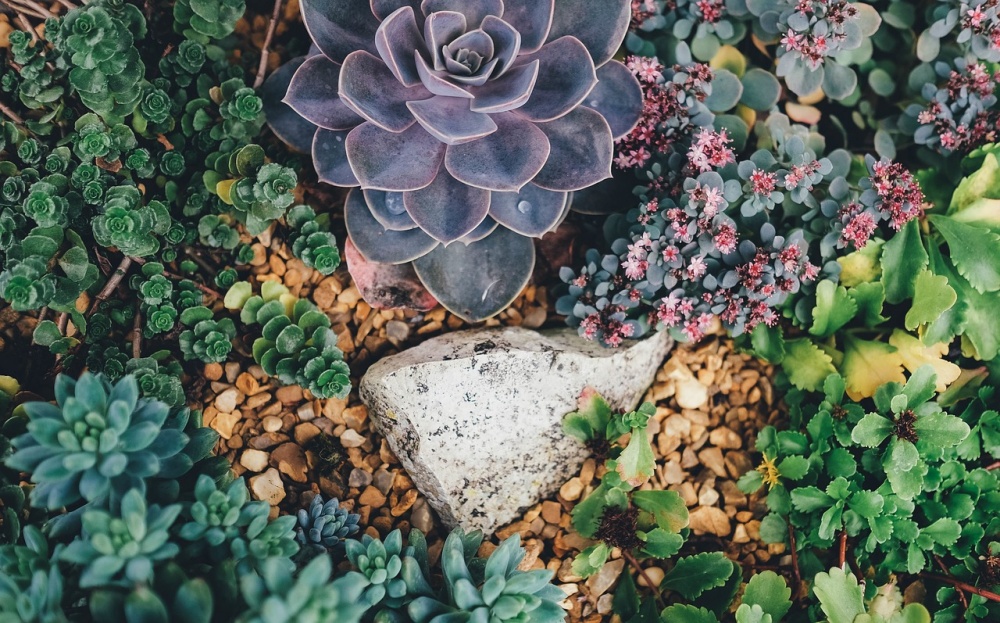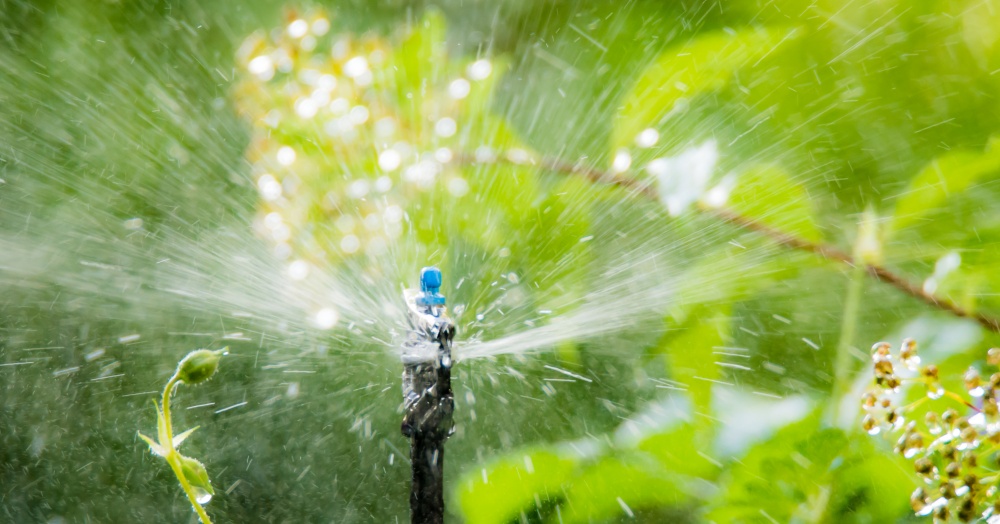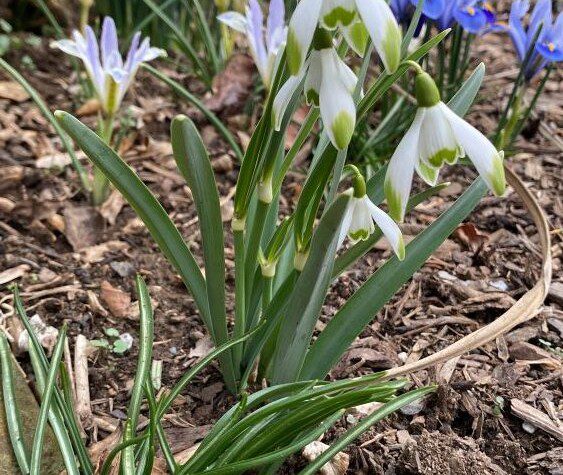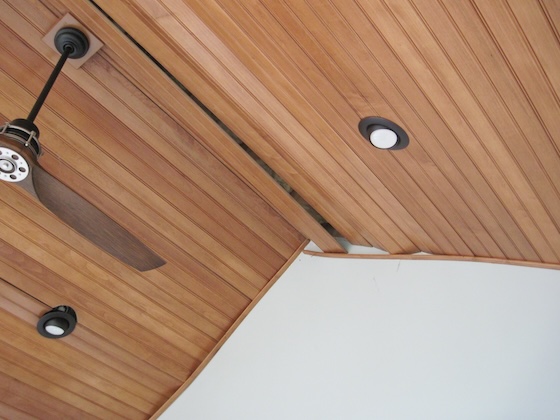
Finding ways to help improve both our homes and our world. Today we’re discussing water wise landscaping – an approach for designing outdoor spaces which conserve water while simultaneously adding beauty.
Water is a precious resource and we must use it wisely. On average, an American family uses around 320 gallons per day, much of it used for landscaping activities – up to 60% of household water is wasted due to ineffective irrigation practices!
Water wise landscaping can help to lower outdoor water consumption while simultaneously creating a stunning and sustainable garden. Here are some key principles to keep in mind when designing such an eco-friendly space:
Select Water-wise Plants
Selecting appropriate water-wise landscaping plants is paramount to water efficient landscape design. Native and drought-tolerant species tend to better adapt to their respective local climate, require less water, and tend to be less vulnerable to pests and diseases – saving both time and money in maintenance costs.

Examples of drought-tolerant plants include succulents, cacti and native grasses. When selecting plants for your landscape design project, it’s essential to take their water needs, growth rate and maintenance requirements into consideration.
One effective strategy to reduce water usage in your landscape is grouping plants according to their water needs, so that you can water each group individually, thus avoiding overwatering or underwatering certain areas.
Group plants requiring more water together in areas with excellent drainage while those requiring less should be placed in areas with poorer drainage, in order to ensure each one receives their ideal amount and reduce overall usage. Doing this will ensure each one gets exactly what it needs while simultaneously decreasing overall usage.
Mulch can be an invaluable asset when it comes to water-wise landscaping. Mulch helps retain moisture in the soil while simultaneously suppressing weeds, regulating temperature and improving structure – as well as adding organic matter such as bark chips, wood chips or leaves, which breaks down over time and boost fertility further.
Apply mulch properly when using it; aim for 2-3 inches around plants while avoiding piling it against their trunk or stem, which may cause moisture build-up that leads to disease or pest problems.
Utilize Efficient Irrigation Systems
Water wise landscaping relies heavily on efficient irrigation systems such as drip, soaker hoses and micro-sprinklers which deliver water directly to plant roots while decreasing loss through evaporation.
As part of your irrigation design, be sure to consider each plant’s water needs when grouping them together. Timers or sensors can also ensure that your irrigation system only operates when necessary.
Implement Smart Watering Techniques
Finally, to reduce water waste it’s crucial to use smart watering techniques. Water in the early morning or late evening when temperatures are cooler to reduce evaporation losses and water deeply but infrequently to encourage deep root growth while decreasing your usage.
Avoid watering sidewalks and driveways with your irrigation system and be sure that it is regularly serviced; check for leaks, broken sprinkler heads or clogged filters in your irrigation system and ensure its optimal operation.

Water wise landscaping is an effective way to conserve water, lower your water bill and create an eco-friendly landscape. By selecting plants according to water needs and using mulch as well as efficient irrigation systems and smart watering techniques, you can achieve an aesthetically pleasing yet environmentally-responsible outcome in your landscape design.
By following these key points, you can create an aesthetically pleasing landscape while still being environmentally responsible. Even small changes like using mulch or choosing drought-resistant plants can have a large impact in conserving water and creating a sustainable landscape. So start making eco-friendly choices today and create a beautiful, water wise landscape!





More Stories
Why Should We Think About Our Winter Gardens Right Now?
5 Reasons You Need Snow Removal Services
Green Industry Veteran Nick Jiannas Joins Kress Commercial